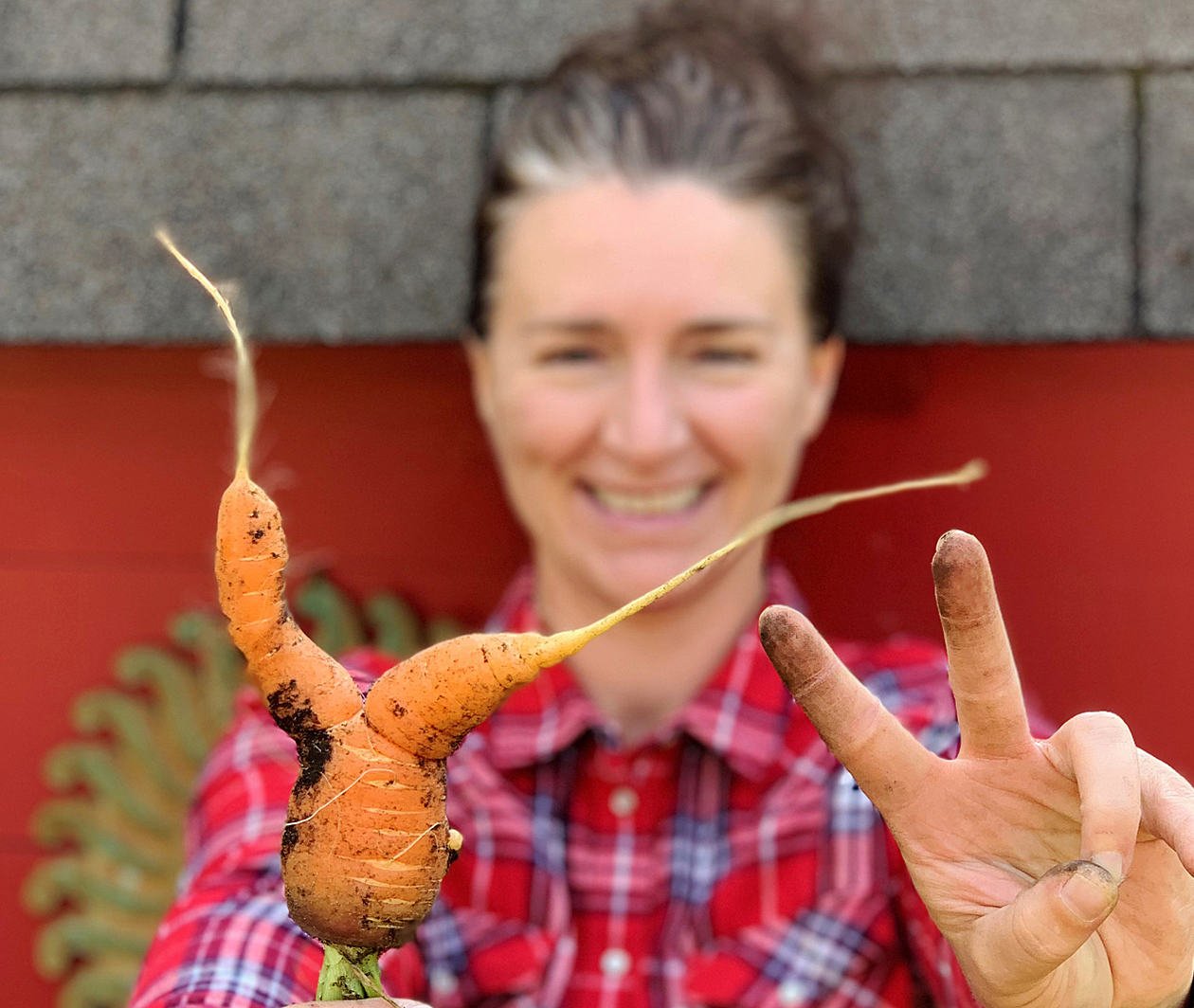Skip to 0 minutes and 1 second Across Europe, an estimated 240,000 tonnes of food are wasted every single day throughout, homes shops businesses, food production, and agriculture. That’s enough to feed the 820 million people who go hungry, twice over. And yet, we can all do something about it. From taking simple steps to reducing food waste in the home, to making changes and the way we shop, and putting pressure on our governments. This course will explore some of the challenges in tackling food waste with a proactive focus on what you can do.
Skip to 0 minutes and 35 seconds Find out about the commercial food production process, the environmental, social, and economic impacts of food waste, how a new circular economy model can help, and meet the businesses who are making step changes in the food industry. We’ll equip you with knowledge, understanding, and practical ideas so you can become an agent of change. By making small and big changes across your home and community, you can help transform waste into value.





